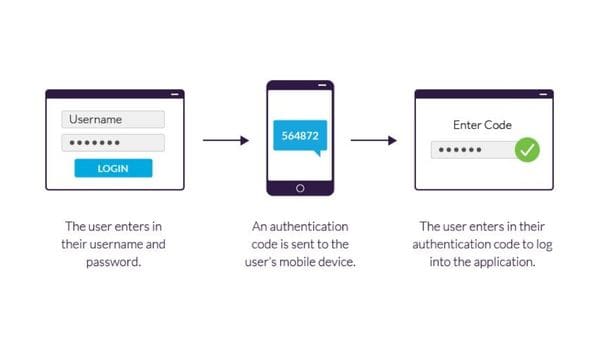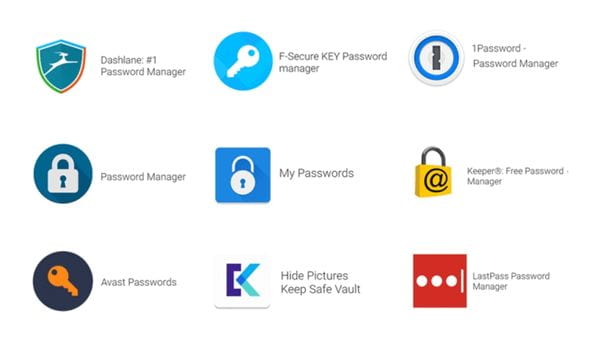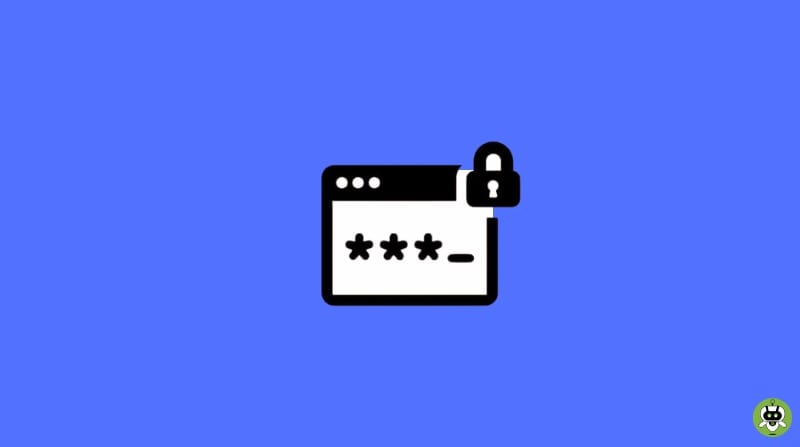Do you think you can share passwords after death? In today’s world, we have multiple bank accounts with various social media accounts. All of them requirlee a different and unique password. The question is, what will happen to everything that you save digitally when you die?
Everyone has to die someday and you should prepare yourself beforehand to make it easier for your family and friends. Things like these are really important. Luckily, big companies like Google, Apple, and Facebook let the users create a legacy contact just in case. There are even some password managers who can keep your passwords and documents safe.
Ways To Share Passwords After Death
Here are some easy ways you can try to save your passwords for your family to use in the future.
1. The Old Way
All of us have important documents somewhere in our homes. You can just write down all your important passwords and store them with the same documents. Make sure to store them in a sealed packed bag so they stay safe and away from any harm. This will make it very easy for your family as they will know where to find your important passwords.
Obviously, this is not the safest option as in case of theft, the documents can get vulnerable with the passwords. To paint a picture, let us share a story with you. A founder of a crypto exchange platform died, and because no one knew his passwords the company had lost a whopping 250 million dollars.
2. Two-Factor Authentication

Almost all the accounts on the internet suggest you make a Two-factor authentication system so the passwords are not the only thing that stands in your way. Just sharing your phone and passwords with your trusted ally will help to solve the problem. But make sure the Two-factor authentication is known by the family member. If not, they might lock the account even though they knew the password.
The pain of using a face or fingerprint after death will be unmeasurable, it is better if you keep them prepared to avoid such things. One simple thing you can do is to add a fingerprint or face lock of a family member.
3. Use Password Managers

This probably is one of the best ways to share passwords after death. Some password managers like LastPass and 1Password can generate strong and unique passwords for you. They also have the option to create a digital nominee who will be able to use the passwords.
If you use the 1Passwords platform, you can get an 1Password emergency kit that prints a document containing all the necessary information for login. Going with LastPass you will get notified just in case someone tries to log in through your account. This safety measure is great if anyone tries to scam you.
Pass Online Accounts Without Telling Passwords
1. Facebook Legacy Account
Setting up your legacy account on Facebook is really easy. If you don’t want to use any of the above methods use this. This system lets you select another user whose account will memorialize your facebook account information. Once the whole memorializing process is done. The term “Remembering” will appear on the user’s accounts to indicate that you are dead.
This will stop Facebook from sending out your birthday notifications and also remove your account from the search results. Even though the person you choose won’t be able to log in through your ID, they can still manage it. They can post profile names and pictures, control friends lists, etc. Lastly, they can remove your account completely.
2. Trusted Contacts
Google offers extreme security to their accounts because they are the most important ones. Everything you use is connected to your Google account. Luckily, the company has an Inactive Ac Manager that allows the use of your account after a certain period of time.
To use this option, go to your Google account and find Data and Privacy. Scroll downwards to find the option of “Make a plan for your digital legacy”. As a user, you can select a period of time. The options are between 3 to 18 months. Whatever time you choose, the account will be transferred directly to your chosen person. Google will notify the person exactly 1 month prior to transfer.
You can keep around 10 people and also choose what information and data you are willing to share with the person. If you want, everything connected to that account will be transferred e.g – Youtube data, Drive, Email, Photos, books, games, movies, Stadia, etc. You will have to provide the phone number of the person you are choosing to pass the digital legacy to.
3. Memorize Instagram Account
Instagram has a different system for this case. The person you want to hold your information has to request a memorization process. They will have to send a link to a news article or obituary for the memorization process. There is a form that can be filled out by your family to delete or remove your account. Instagram could hold potentially a lot of information and you need to be ready to make the process easier for your family.
Final Words
We know, thoughts of such things are really negative. But a little preparation can go a long way. We never know what lies in the future for us. Prepare using the steps above especially if you have tons of information online. Hopefully, you learned how to share passwords after death.

